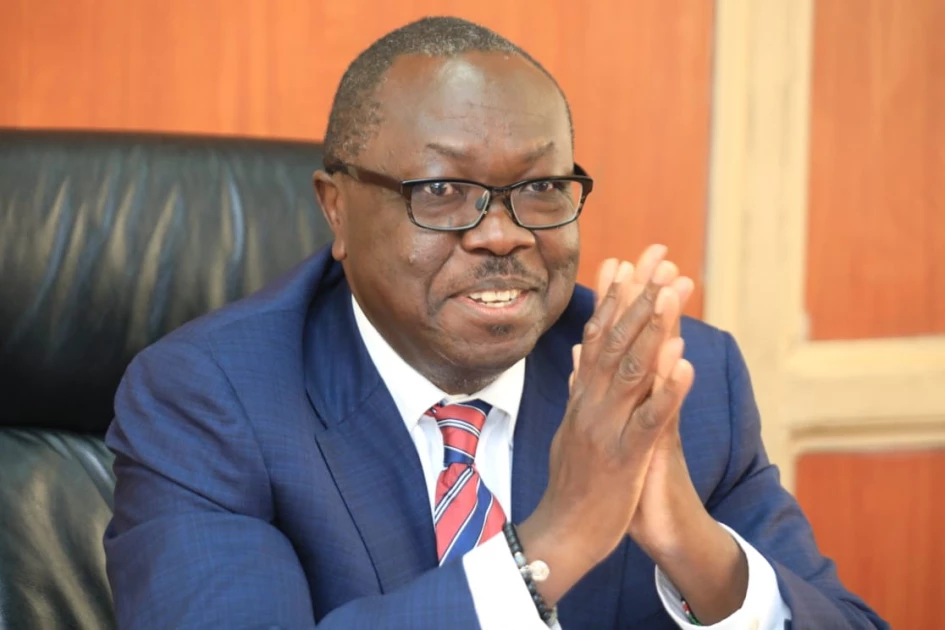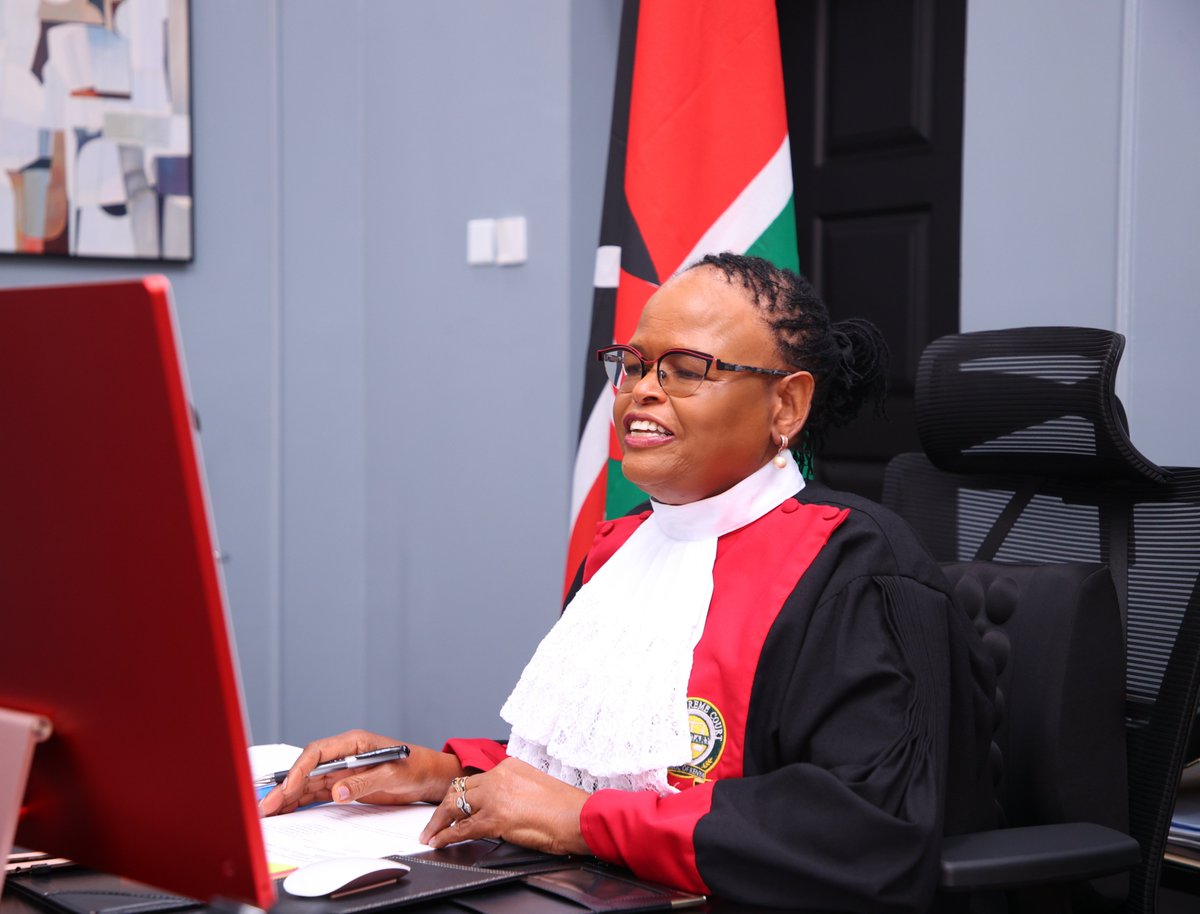In scathing remarks made last week, the Public Investments Committee on Education and Governance, chaired by Bumula MP Wamboka Wanami, tore into the institution’s leadership, citing shoddy workmanship, blatant incompetence, and a deliberate attempt to mislead the House regarding the status of the failed project.
“What they have done at KSL is shoddy and embarrassing,” Wamboka declared. “We are directing the Auditor General to conduct a special audit of the building within one month.”
In a rare move, MPs slapped KSL Chief Executive Officer Henry Kibet with a Sh500,000 fine, to be paid from his personal funds for what they described as his failure to provide adequate and truthful information regarding the project. The committee was categorical that the amount must not be drawn from the institution’s coffers.
MPs also questioned the professional integrity of the Finance Officer, branding him “incompetent, negligent and unfit to serve in a public institution.”
The project in question, awarded in 2013, was scheduled for completion by September 2016. However, by 30th June 2023, KSL had paid a staggering Sh358.7 million to the contractor, yet the building remains incomplete nearly seven years past deadline.
A physical inspection by the Auditor General’s office revealed that despite the project being declared 97% complete, the structure is substandard and unfit for use, betraying the enormous public investment sunk into it.
The audit report for the year ending June 2023 noted a complete lack of documentation to justify the project’s prolonged timeline and ballooning costs. No site inspection minutes, no project meeting records, and no explanation for the delay in completing the Moot Court were provided by KSL management.
“In the circumstances,” the report read, “it was not possible to confirm that the School obtained economy and efficiency from the expenditure of Kshs.358,771,054 incurred on the Project.”
Shockingly, MPs revealed that key personnel from legal, finance, ICT and procurement departments were absent during audit and verification exercises, raising questions over possible collusion or gross neglect of duty.
Sotik MP Francis Sigei lamented the inconsistencies in the financial statements and questioned why the responsible officers avoided scrutiny during such a critical review.
Bomachoge Chache MP Alfah Miruka issued a stern warning to KSL managers: “Failing to take responsibility for the unanswered questions raised by the Auditor General may make you accomplices.”
The debacle at KSL underscores the growing crisis of mismanagement in public institutions, particularly those entrusted with shaping Kenya’s future professionals. For a legal training institution to be caught in such murky dealings not only tarnishes its credibility but also undermines public confidence in the rule of law.
As Parliament calls for criminal investigations, attention now turns to the Ethics and Anti-Corruption Commission (EACC), the Director of Public Prosecutions (DPP) and the Directorate of Criminal Investigations (DCI) to determine whether charges should be preferred against those responsible.
If the Kenya School of Law cannot uphold basic financial integrity, what hope is there for those it trains to uphold justice?
[/full]





